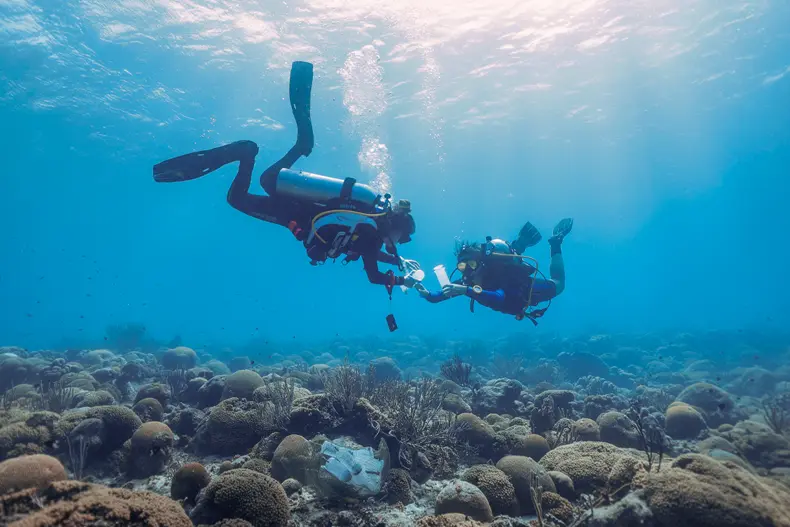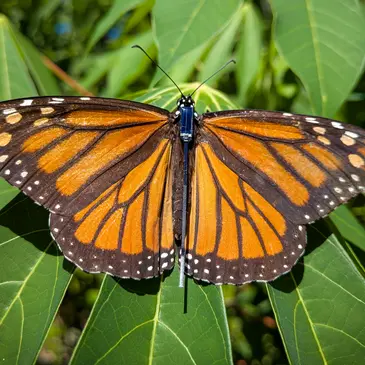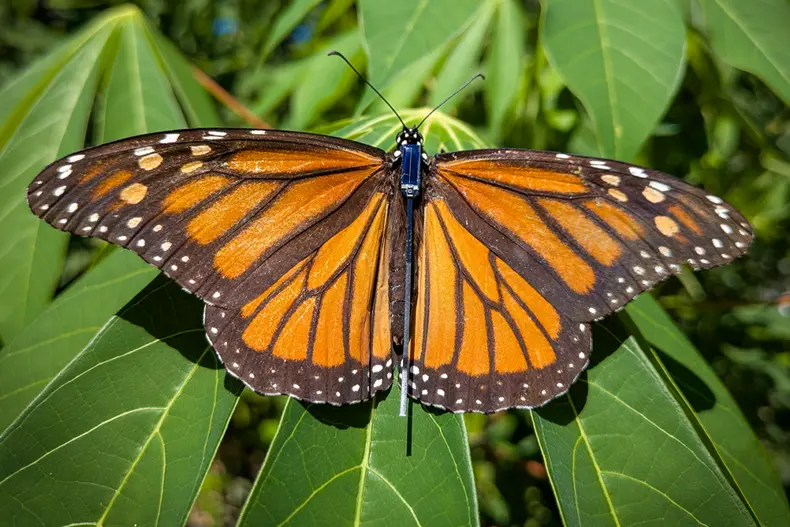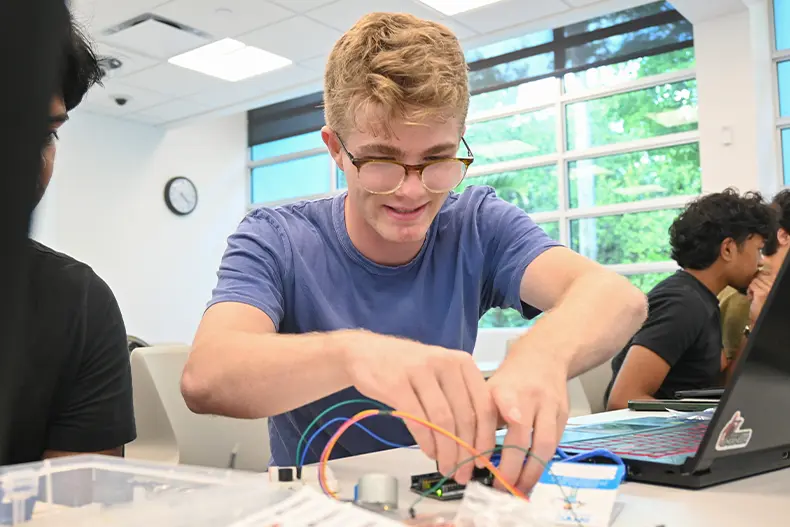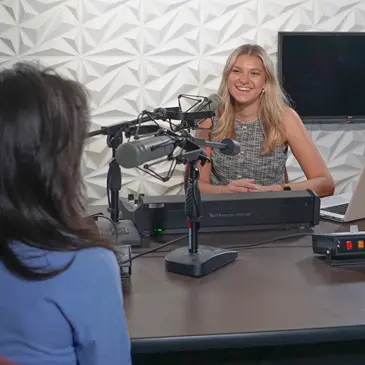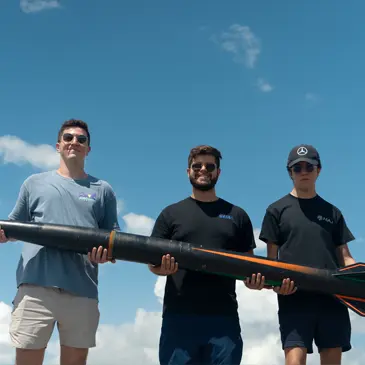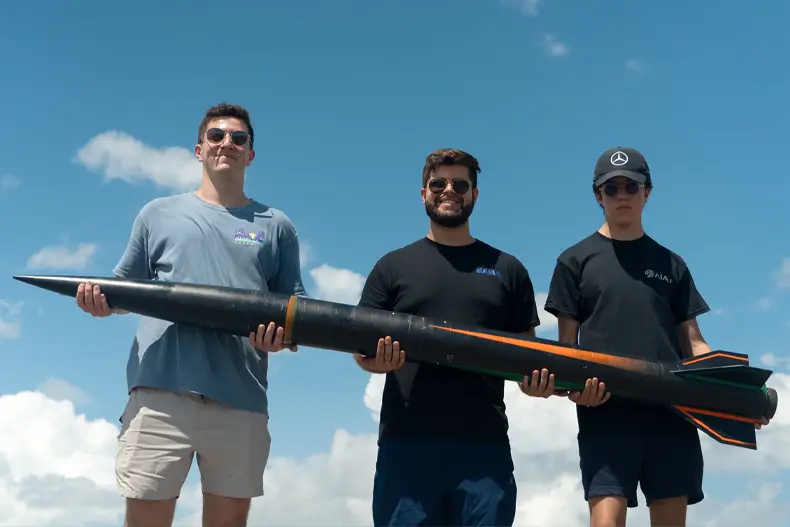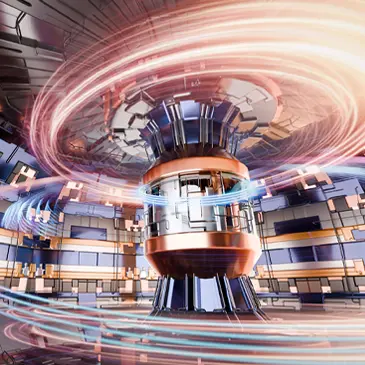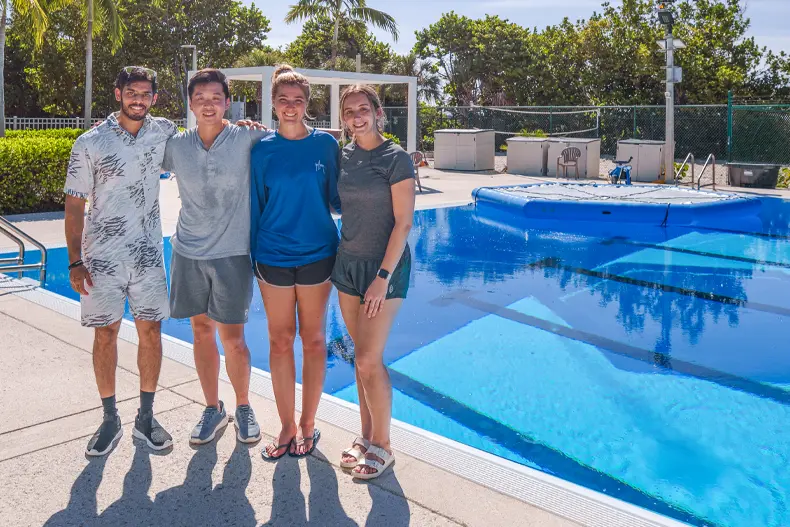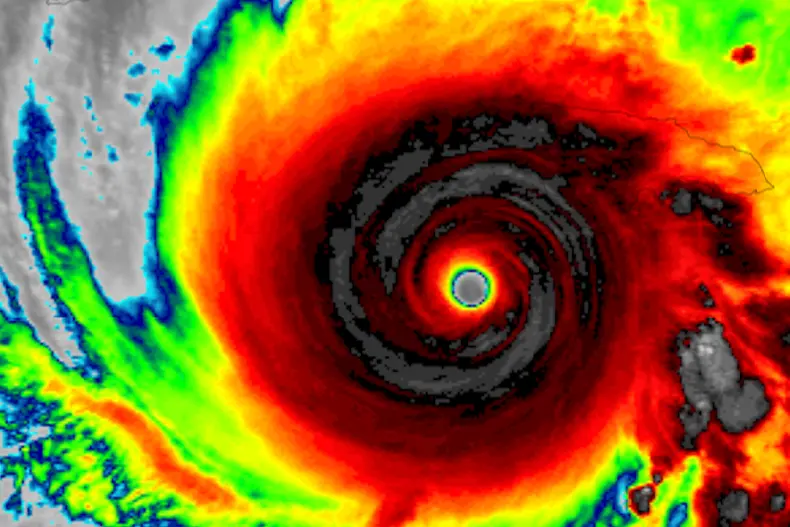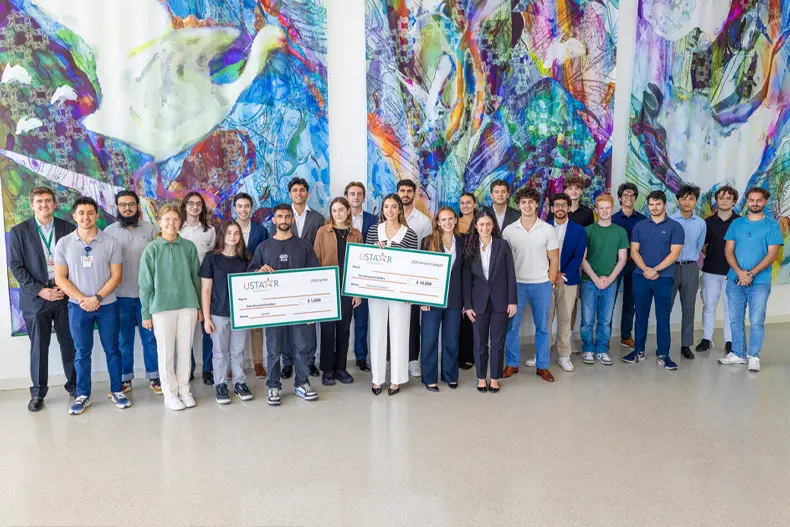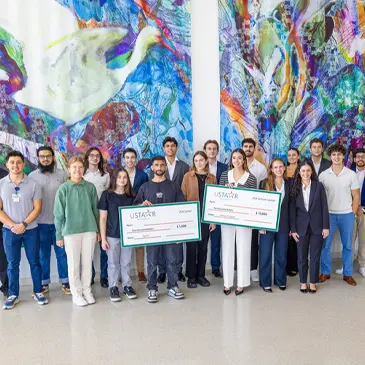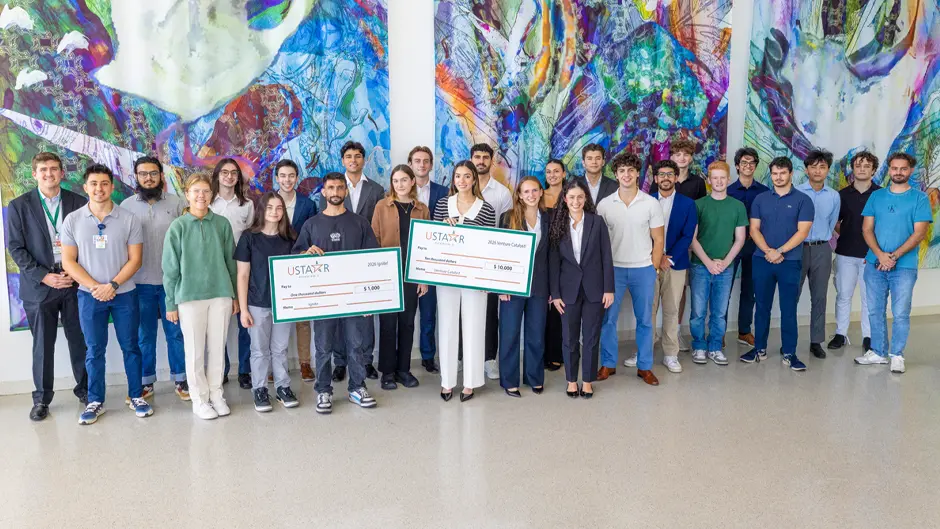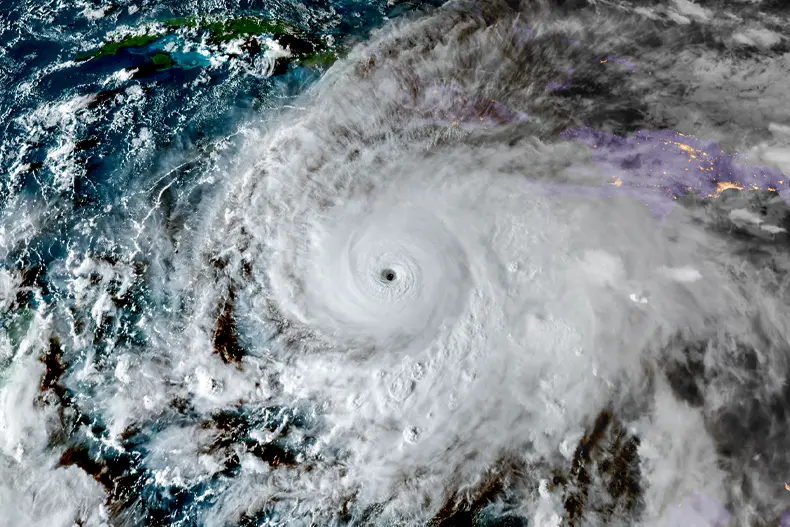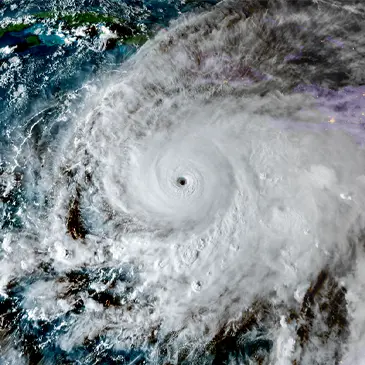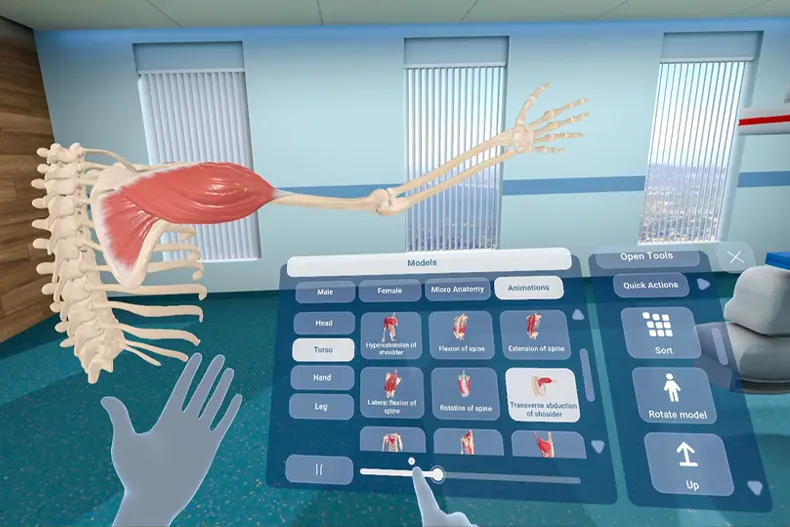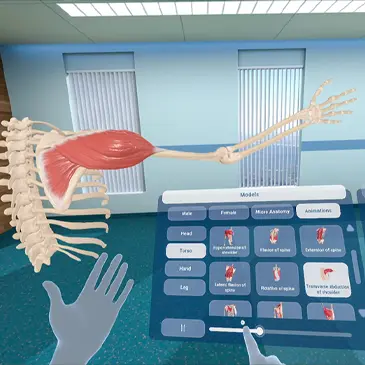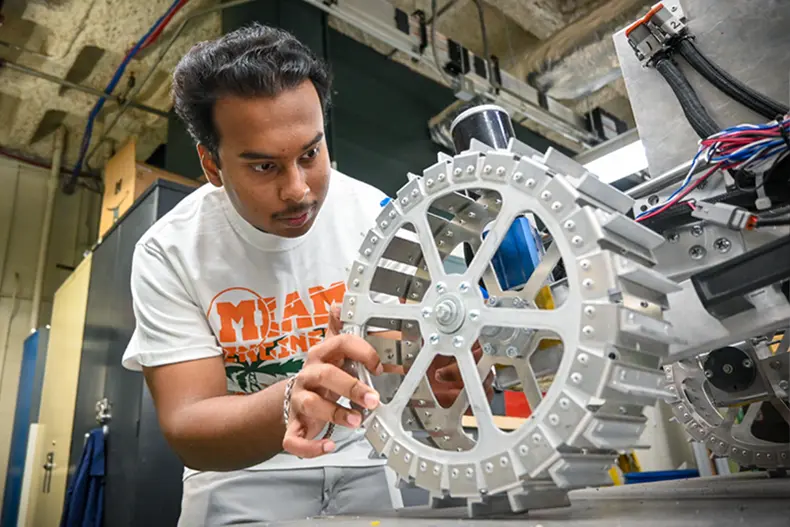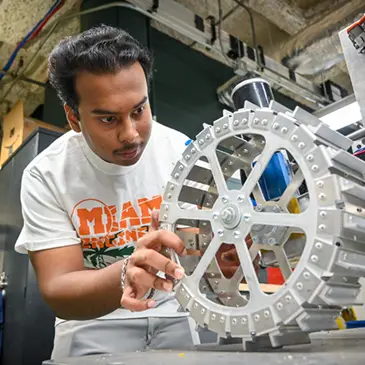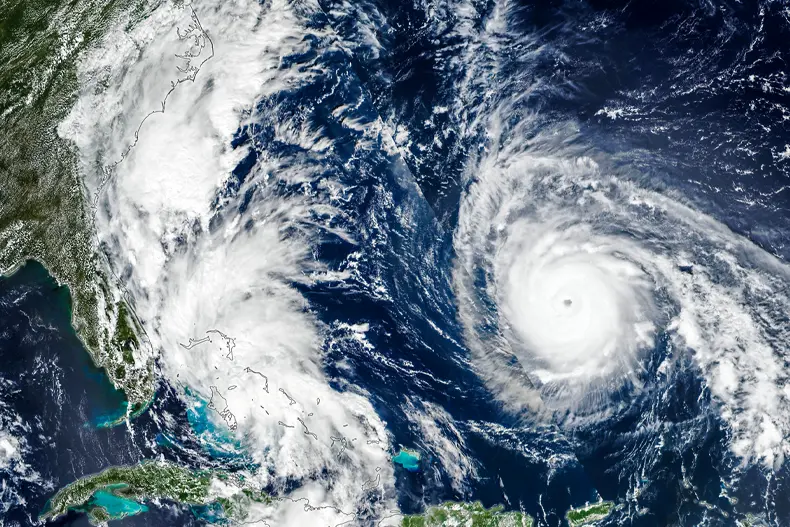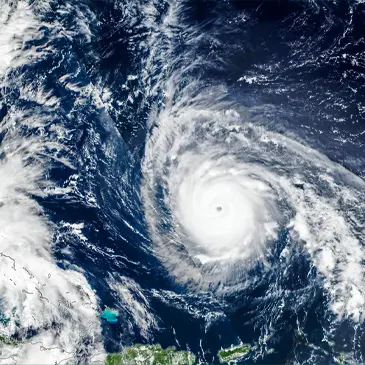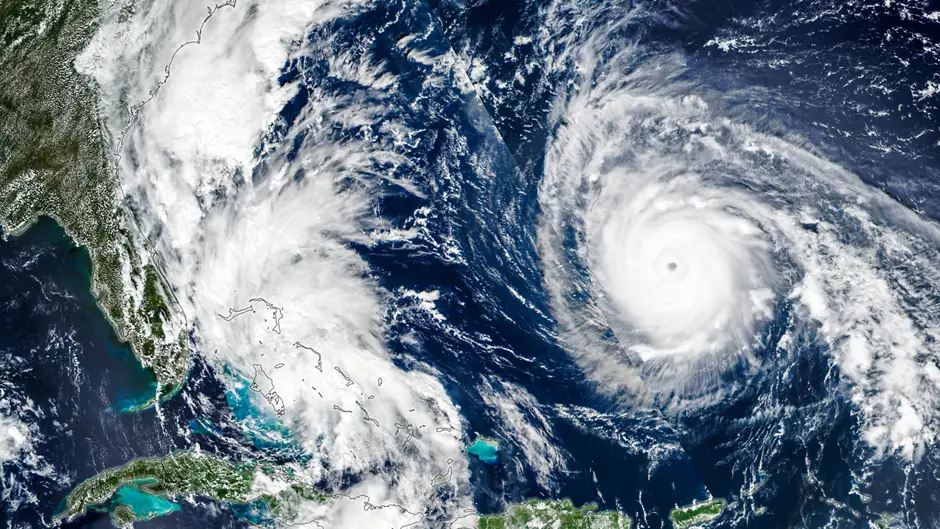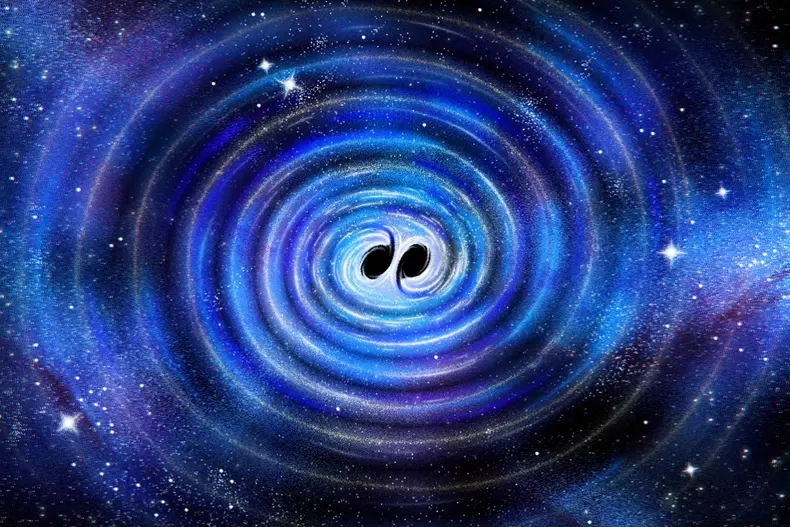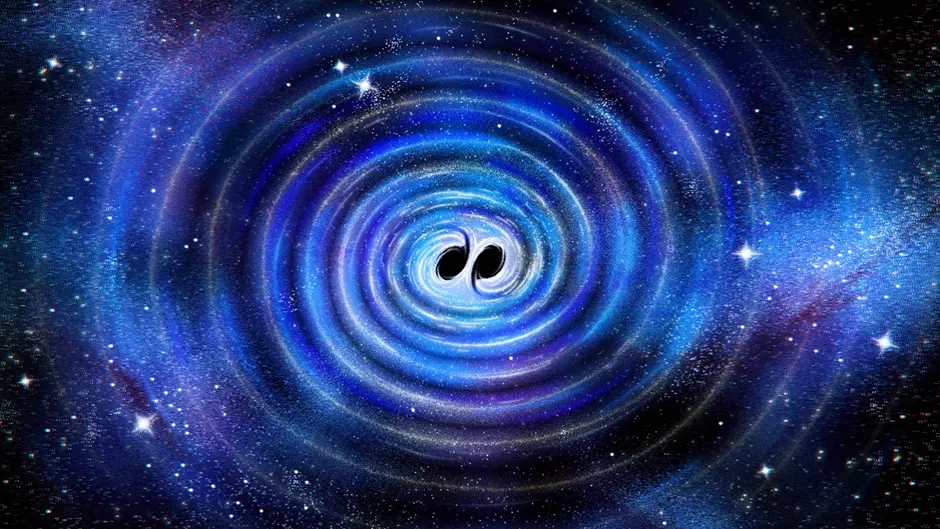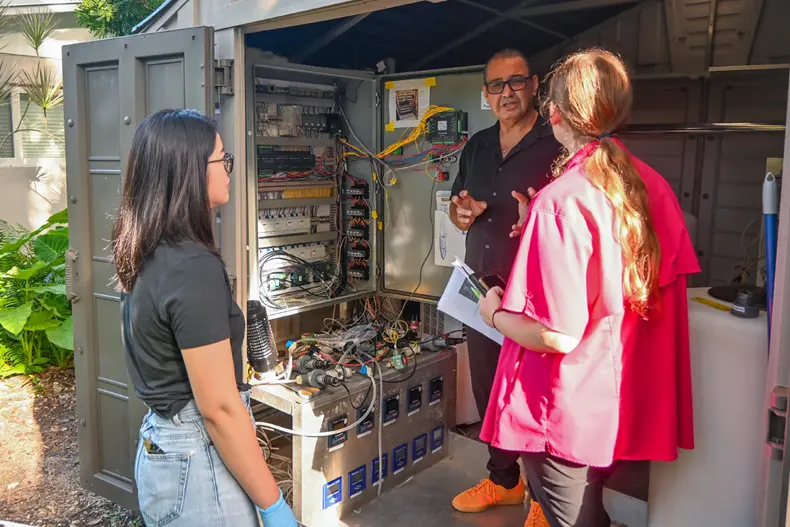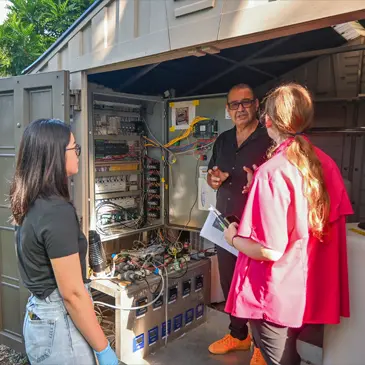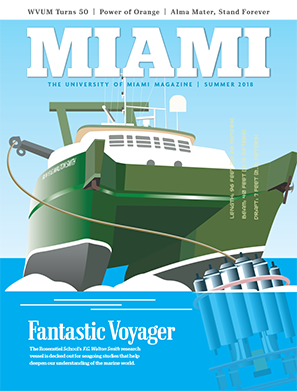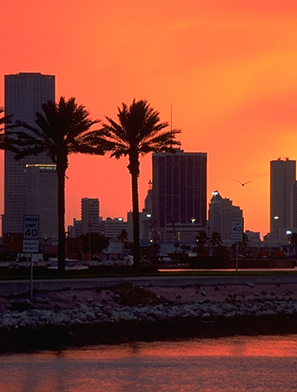Science and Technology
Monarchs on the move
A University of Miami biologist and a Princeton University researcher are among the first to utilize tiny sensors that allow scientists to track the migration of monarch butterflies.
Want to create something? Join UMaker
The UMaker club, based at the College of Engineering, helps students learn to create working prototypes of their latest ideas.
Students bring stories to life through Telemundo partnership
A new program at the School of Communication is giving students hands-on experience developing and producing podcasts that will be published by Telemundo Studios.
Rocket Canes soar to new heights
The student-run Rocket Canes club at the University of Miami allows engineering students the chance to design, build, and launch rockets—turning classroom concepts into real-world experience.
Are students too connected to disconnect?
Constant screen exposure is leaving students drained, distracted, and detached. University experts warn that too much time online can quietly damage focus and mood but say it is never too late to reset.
Harnessing the power of the sun to ‘change the world’
A University of Miami College of Engineering researcher is tackling one of fusion energy’s toughest challenges: finding metals that can withstand the extreme conditions inside future commercial fusion reactors.
Tackling coral health from a new angle
A team of University of Miami students devised a removable engineering solution that could protect coral reefs from harmful ultraviolet rays in the hottest months of the year.
How Hurricane Melissa exploded into a monster
The Category 5 storm, which left a trail of destruction across the Caribbean, stunned forecasters and meteorologists, achieving extreme rapid intensification as well as a never-before-recorded wind speed near the ocean surface. University of Miami tropical cyclone experts explain how it happened.
Taking student learning to new heights
Across the University of Miami, faculty members like Daniel Serravite, a kinesiology lecturer, are bringing virtual and augmented reality tools into their classes to offer students a cutting-edge learning experience.
From cow dung to the cosmos
A University of Miami aerospace engineering student explores how bovine waste—used to insulate homes in rural India—could help protect astronauts from harmful space radiation.
Making septic systems cleaner for the environment
A new wastewater treatment system developed by University of Miami researchers harvests and neutralizes harmful nutrients before they leach from septic systems compromised by extreme flooding events.

